Find the meaning of the words in bold in the dictionary at the end of the document.

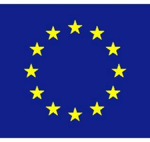
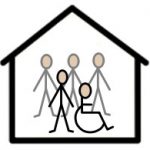
In the European Union,
some persons with disabilities
have their rights violated because
they are still segregated in institutions.
Especially those with intellectual disabilities
and with complex support needs.

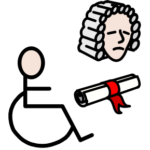
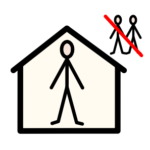
The United Nations Convention on the
Rights of Persons with Disabilities (UN CRPD) says
that every person with disability has rights.
Rights to live independently and to be included in community.
Rights to have access to education, health, work and employment.
Rights to fully participate in political and public life.
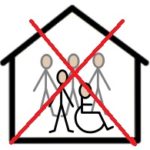
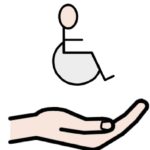

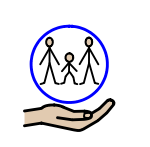
To end segregation of people with disabilities in institutions,
governments need to support moving people out
from care institutions to their own home
and with a support they can rely on.
That process is called deinstitutionalisation.
The European Union has improved the lives
of people with disabilities by
setting up different ways to support
deinstitutionalisation.
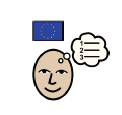
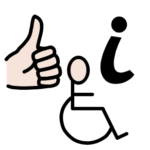
The European Disability Rights Strategy
is the main way of the European Union
to implement the UN CRPD.
The European Pillar of Social Rights
promotes accessibility and independence
in education, work, housing,
and person-centred care.


The European Structural and Investment Funds
and the European Union directive on Work life Balance
support people who take care of relatives with disabilities
and promote community-based services.
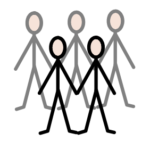



EEG is short for the “European Expert Group
on the Transition from Institutional to Community-based Care”.
The EEG is a group of people who work on
getting people out of institutions and into the community.
Inclusion Europe is an active member of the EEG.
EEG develops reports, guidelines and trainings
to support people with disabilities.


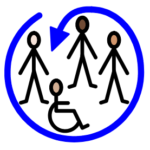

The number of people in institutions
in the European Union has not changed
over the past ten years.
1,5 million people with disabilities in the
European Union still live in care institutions
separated from the rest of the society.
The road is long but together
we can take measured steps
towards a Europe where people live free,
happy and independently regardless of who they are.





